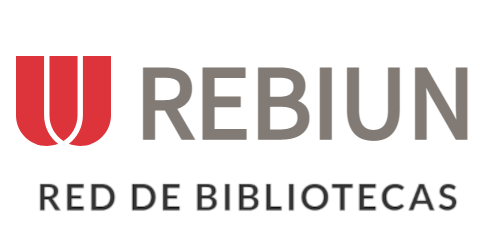Scaffolding techniques and speaking skill
DOI:
https://doi.org/10.69639/arandu.v11i2.258Palabras clave:
scaffolding techniques, speaking skill, speaking sub skillsResumen
The use of scaffolding techniques in the classroom help students improve the development of their language skills. The present study aimed to analyze the influence of Scaffolding techniques on the development of speaking skill in students of seventh semester in “Pedagogia de los Idiomas Nacionales y Extranjeros.” The research developed a quantitative approach and it was experimental. The population in the study were 24 students of seventh semester. The instruments used during the investigation were a preand posttest, the researcher used part 3 of B1 preliminary test to assess students before and after the treatments. The treatments consisted on 5 session where the researcher applied scaffolding techniques, additionally, a survey was applied to determine students’ perceptions towards the use of scaffolding techniques. Assessing speaking performance rubric was used to evaluate speaking sub skills such as: grammar and vocabulary, discourse management, pronunciation and interactive communication. At the end of the investigation, the findings showed an improvement in students speaking development since the average before the treatment was 6,8/10, in contrast, after the treatments students’ average was 7,7/10. Thus, scaffolding techniques influence the speaking skill instudents of seventh semester from Pedagogía de los Idiomas Nacionales y Extranjeros atUniversidad Técnica de Ambato.
Descargas
Citas
Abdullah, N. Y. (2020). ESL Teachers’ Scaffolding Strategies to Teach Writing. Researchgate.net.
https://www.researchgate.net/profile/Charanjit-Swaran- Singh/publication/342658723_ESL_Teachers%27_Scaffolding_Strategies_to_ Teach_Writing/links/5eff110192851c52d613880c/ESL-Teachers-Scaffolding- Strategies-to-Teach-Writing.pdf
Ahmadi, D., & Reza, M. (2018). The use of technology in English language learning: A literature review. International Journal of Research in English Education, 3(2), 115-125.
Álvarez-Risco, A. (2020). Clasificación de las Investigaciones.
Alwahibee, K. M. (2019). The Impact of Scaffolding Techniques on Saudi English- Language Learners’ Speaking Abilities. International Journal of English Linguistics, 9(5), 37.
Azir, I. D. A. (2019). Applying Peer Scaffolding to Enhance the EFL Vocational Students’ Speaking Skills. Ethical Lingua: Journal of Language Teaching and Literature, 6(2), 149-157.
Bhat, A. (2018). What is field research: Definition, methods, examples and advantages. QuestionPro. https://www.questionpro.com/blog/field-research/
Brown, H. D. (2018). Language assessment: Principles and classroom practices (3rd ed.). Pearson Education.
Chau, K. G. (2021). The effect of ICT on learners’ speaking skills
development. International Journal of TESOL & Education, 1(1), 22–29. https://i-jte.org/index.php/journal/article/view/4
Chaudhari, A. (2021). Field Research : Definition, examples & methodology. Voxco. https://www.voxco.com/blog/field-research/
Cherry, K. (2018). How to write the method section of an APA format psychology paper. Verywell Mind. https://www.verywellmind.com/how-to-write-a- method-section-2795726
Di Paolo, A., & Tansel, A. (2019). English skills, labour market status and earnings of Turkish women. Empirica, 46(4), 669–690. https://doi.org/10.1007/s10663-019-09434-9
Publicado
Cómo citar
Número
Sección
Licencia
Derechos de autor 2024 Lic. María Esther Almeida Obando, Lic. Norma Cecilia Bastidas Guevara, Mg. Paola Nathaly Mantilla Carrera, Lic. Javier Guillermo Solís Mejía , Lic. Lourdes Elizabeth Bejarano Urquizo

Esta obra está bajo una licencia internacional Creative Commons Atribución 4.0.





















